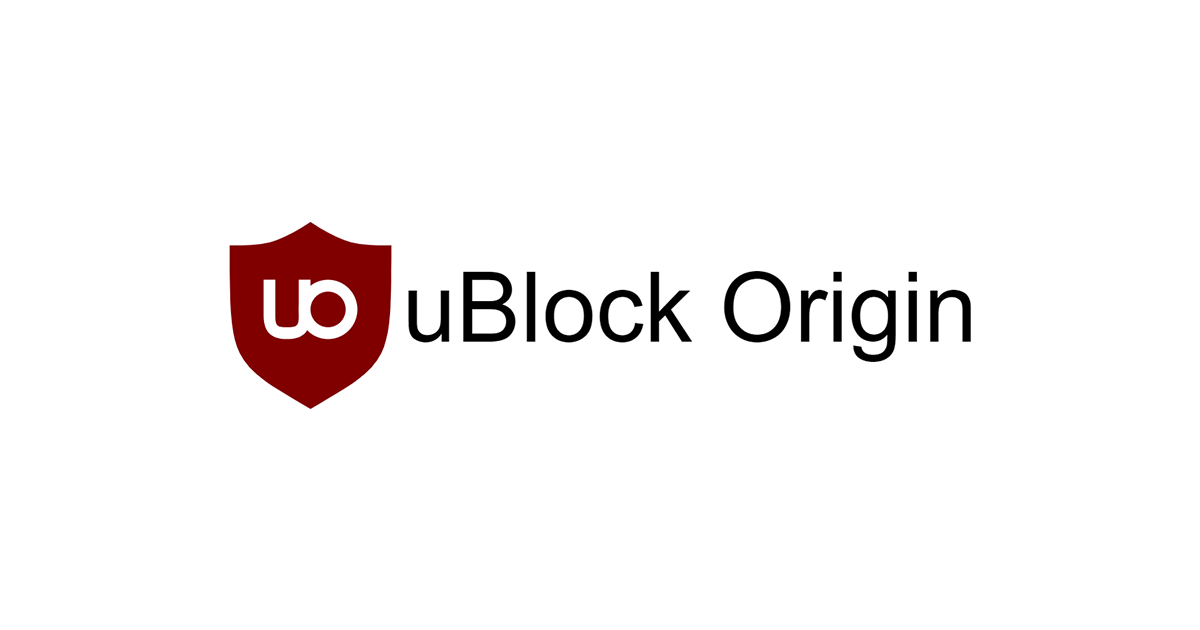Google Chrome Manifest V2 support has officially ended — adios uBlock Origin
uBlock Origin will no longer work on Google Chrome

Google is finally letting the sun go down on Manifest V2 as it switches to V3, meaning that many apps reliant on V2 will no longer work - including one of the most popular ad blockers, uBlock Origin.
Manifest is part of the Google Chrome browser that governs how browser extensions function, as well as the permissions they are granted. The V3 version of Manifest is not as liberal with its permission grants, rendering many ad blockers and other extensions effectively useless.
Ad blockers have grown in popularity for users looking to speed up the performance of their browsing experience, reduce the amount of data websites collect on them, or simply get rid of clutter displayed on articles. Unfortunately, Chrome generates a hefty sum through advertising which is undercut by ad blockers.
Grin and bear it or time to switch?
uBlock Origin Lite, a barebones version of the main version, will still work with Manifest V3 but will not block every single ad. Those looking to continue using uBlock Origin may want to consider using a different web browser.
Google says the move to V3 brings additional benefits such as more capabilities, new APIs, and enhanced security.
“Manifest V3 removes the ability for an extension to use remotely hosted code, which presents security risks by allowing unreviewed code to be executed in extensions. With this change, an extension can only execute JavaScript that is included within its package and subject to review by the Chrome Web Store,” the Manifest V3 page states.
It is important to note that Manifest V3 is a change to the Chromium engine, but so far only Chrome has removed the ability to use V2, with Microsoft Edge and Opera continuing to offer V2 support with no confirmed dates for a V2 switch off.
Sign up to the TechRadar Pro newsletter to get all the top news, opinion, features and guidance your business needs to succeed!
More from TechRadar Pro
- These are the best privacy tools and anonymous browsers
- More and more users are set to opt out of third-party cookies on Google Chrome
- Take a look at our guide to the best VPN

Benedict has been with TechRadar Pro for over two years, and has specialized in writing about cybersecurity, threat intelligence, and B2B security solutions. His coverage explores the critical areas of national security, including state-sponsored threat actors, APT groups, critical infrastructure, and social engineering.
Benedict holds an MA (Distinction) in Security, Intelligence, and Diplomacy from the Centre for Security and Intelligence Studies at the University of Buckingham, providing him with a strong academic foundation for his reporting on geopolitics, threat intelligence, and cyber-warfare.
Prior to his postgraduate studies, Benedict earned a BA in Politics with Journalism, providing him with the skills to translate complex political and security issues into comprehensible copy.